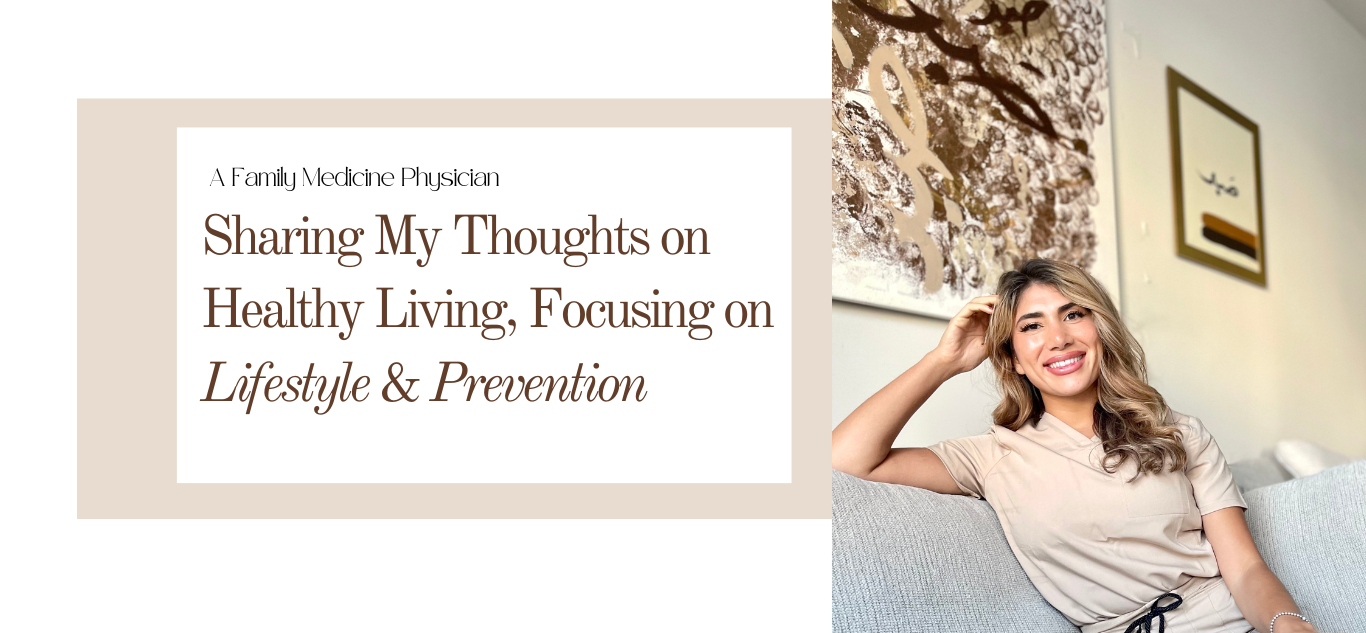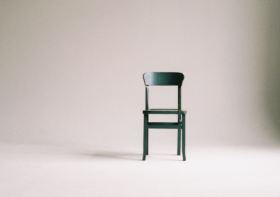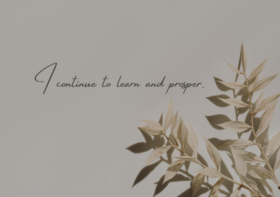Elective Clinical Rotation In the UK
My medical school recently added an elective rotation in a small town in England called Corby. There is a massive family medicine practice here called Lakeside Healthcare. You can do a 4-week elective rotation, which is what I did. Medical students from Cambridge and Leicester medical schools rotate here, and now students from my school can as well. Let’s just state it here and now, you are exposed to so many patients in this rotation, AND the most impressive part is that Lakeside Healthcare takes it to another level with their teaching: Medical students have their own rooms and system access to see patients by themselves before the general practitioners (GP) see them. Read on for schedule and experience.
As a Caribbean Medical student, you can be exposed to multiple hospital/clinic practices and I have traveled from NY (Richmond University Medical Center, Kingsbrook Jewish Hospital), to Michigan (Pontiac General Hospital), to Maryland (University of Maryland Medical Center). And now I have just finished my medical school career with my very last rotation in
A typical day in this elective: Come at 7:45 AM, log on to the medical record system and open the first patient’s chart. Call the patient in and grab history and physical exam. Then document it on their chart. Then present it to the attending either in front of the patient or before the patient is seen by the attending. After the presentation, we are asked about the potential diagnosis and indicate the next step in management. The physician then agrees or corrects. Then they talk to the patient for any further information and provide the final diagnosis and management. The patient then leaves the room and the physician briefly talks about the topic with the medical student. Then repeat! The medical student gets a full 15 minutes consultation time and then the attending gets 15 minutes of consultation time, which totals to 30 minutes with the patient. This is beneficial both for the patients, medical students and the general
During one of my patient
Side note: In just about all of my rotations (especially fourth year) the patients I encounter, I indicate what I believe their diagnosis may be. Then tell them the next step in management. However, I always state that the GP will confirm this. This way, as a student, I am practicing diagnosing disease/conditions. I am practicing confidence, and also simply showing my knowledge to self and my patient. Often the patients will point out, “oh yeah, that’s what the medical student said”. This also makes you look good with the resident or attending you are working with.
Things I really appreciated:
- The patient exposure and student involvement. Rather than simply being asked to just observe patient and doctor interactions and then sometimes get asked to see a patient and present on them, students are expected to take history and physical and make a diagnosis and write up notes on the patient. Then they are expected to present it and indicate the next step in management. This is intimidating but you gain so much from it including confidence, knowledge and more efficient style of approaching patients. You are part of the schedule. It is always nice to be wanted as a medical student (doesn’t often happen)
- The coffee breaks! I think this is such a good idea to integrate into practice to allow for a breather for the physicians and the students.
- They provided access to a taxi cab company, which allowed me to travel within Corby. I just had to ring up the cab company and within minutes the cab was waiting for me! This was really convenient and it allowed me to venture out into the town center and etc. It definitely made it more comfortable to be there.
- They provided access to the swimming pool and the gym. This was great because I have been wanting to tone up and get healthier and it is located right by the practice. I simply walked over to the gym after work and then called the cab from the gym to get to the housing. It felt like a very productive day after work and the gym. I didn’t use the swimming pool so much, but it is one of the biggest
one I have seen (it is anolympic size swimming pool).
Overall, it was one of my favorite rotation experiences. I do wish that I didn’t have two weeks of observation. This was due to my start date. I started with one set of students, who were on
I definitely have to add that I am really grateful to have gotten this opportunity to see what medicine is like in the United Kingdom. I don’t think I can begin to explain how exciting it has been and the amazing opportunity I have been given. It was a pleasure to meet new people and get to know their thoughts in medicine and just as human beings. I have more thoughts and that will come in more blog posts.




